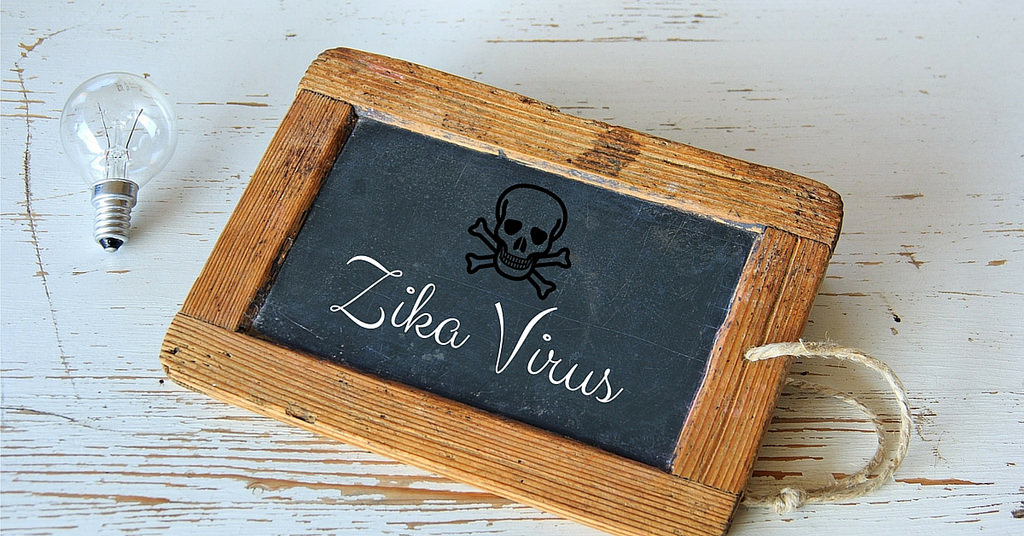So why aren’t Americans freaking out over Zika? One answer is a question of politics. Ebola’s particularly horrifying symptoms and its position in American pop culture (thanks, Dustin Hoffman) made it fertile ground for political exploitation in the run-up to the 2014 mid-term elections. As Charles L. Briggs and Daniel C. Hallin write in their book, Making Health Public, “Republican politicians and pundits integrated Ebola into a campaign narrative about the failure of the Obama administration to protect the United States from external threats.”
With the presidential election on the horizon, Ebola coverage exploded, and state and federal officials started carving out policy proposals and calling for border closings. And let’s not forget the “othering” of African immigrants, as Briggs and Hallin note: Early media coverage of the Ebola epidemic “was highly evocative of racialized contagion-mutation frames.” To wit: Ebola coverage on cable news “plummeted” after the mid-term elections, according to Media Matters for America.
Could the U.S.’s muted Zika anxiety be a direct response to our Ebola overreaction two years ago? While there’s no polling data indicating whether or not Americans explicitly blame the media and politicians for fanning the flames of Ebola paranoia for short-term political (and ratings) gain, it makes logical sense that crying wolf over Ebola may have hurt the media’s capacity to convey crucial information about Zika this time around. […]
That’s the irony of this year’s Zika non-panic: Americans’ distrust in mass media, despite the resulting lack of knowledge about the virus, has also inoculated the general populace against an all-encompassing freakout, giving organizations like the WHO and CDC and officials like Varma the headspace to actually deliver clear (if somewhat concerning) information on the risks of Zika to the average citizen. […]
Perhaps by tuning out their local broadcasters, Americans are tuning in to the reality of Zika: There are still a lot of unknowns.

